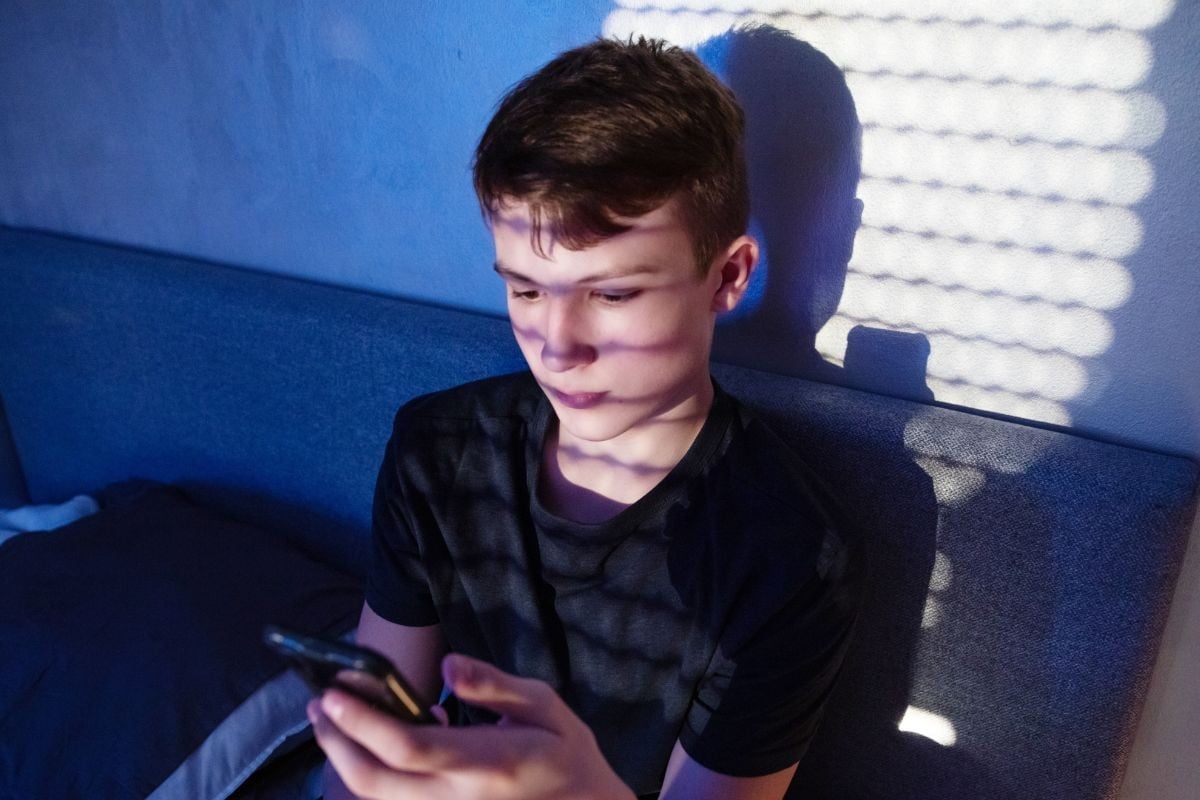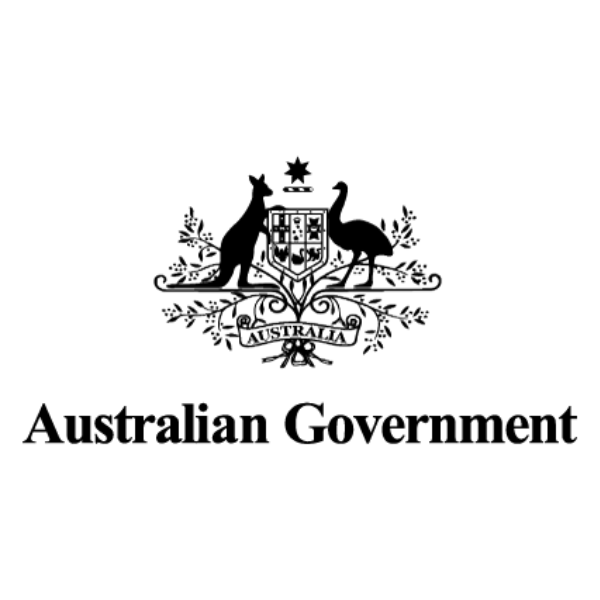

I'm an eternal optimist — a true glass-half-full kinda gal — but even I can't help but feel uneasy about parenting my tween (soon-to-be teen) boys in this digital age.
While I like to think we're raising respectful kids in a home where respect is modelled daily by their parents, the realist in me can't ignore the powerful influence of the online world.
No matter how well-intentioned we may be, our kids are immersed in a digital culture that normalises anti-social behaviour, rewards inflammatory opinions and perpetuates sexism and bullying.
The national Stop it at the Start campaign gives us insight into their online world. It's an initiative that focuses on educating adults about what young people aged 10 to 17 experience online and in their day-to-day lives, with the goal of ending violence against women.




























































































